Visit or Call Our Sleep Guide Texas Showrooms
Our Texas Showrooms Are Here To Help With All Your Favorite Online Brands! And We Offer Exclusive Coupons To Save More!
Learn MorePlease note, we are proudly supported by our readers. The product links are referral based and if you purchase an item we make a small commission. For more information please see our disclosure page.
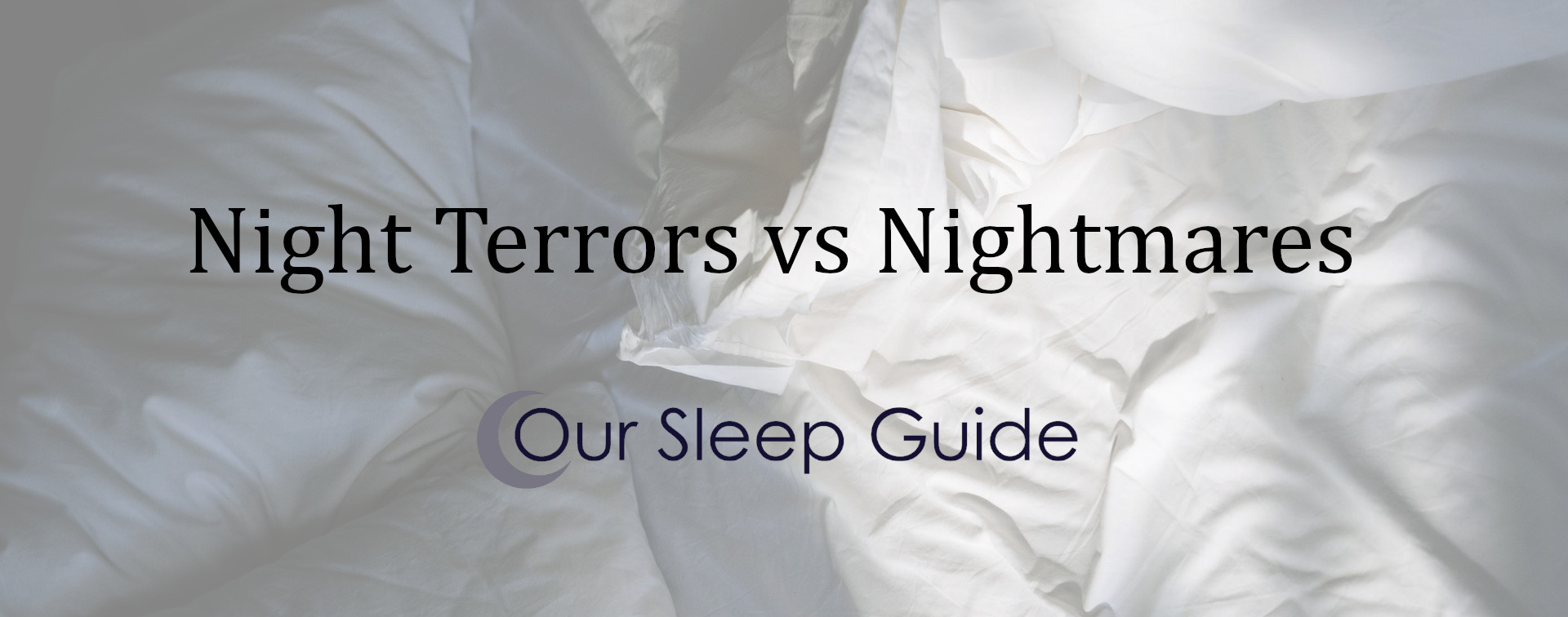
Waking up to the sound of screams is understandably terrifying. It is an experience that happens to many parents all over the world. Being startled awake in the middle of the night and sprinting to your child only to find they are flailing, screaming, and obviously in distress. Was it a nightmare? Or a night terror? What is the difference and does it change how you can help?
We are going to answer all of these questions and many more. Stick around to learn about what the differences are between a nightmare and a night terror along with what to do to avoid night terrors all together.
Looking to Put Nightmares To Rest? Click the link to learn how.
When it comes to night terrors & nightmares, understanding the differences is the best place to start. It is much easier to help you and your child cope if you know exactly what you are working with. Below are several ways to help you distinguish between these two sleep interrupting issues.
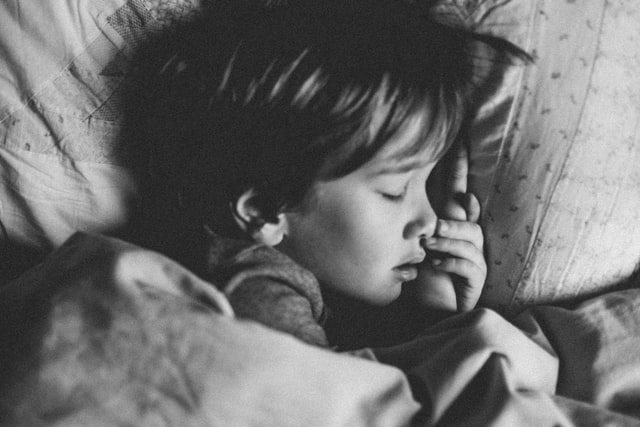
In these types of parasomnia’s the sleeper can be moving, talking, screaming, walking, crying, flailing etc. All while remaining unconscious and unaware of what they are doing.
Night terrors and sleep walking are two of the most common Parasomnias. However, there are some lesser known syndrome’s that fall
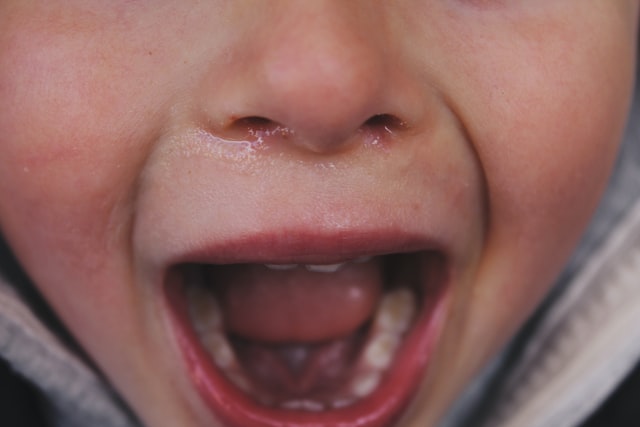
Night Terrors can happen either during REM or Non-REM sleep. While nightmares only occur during REM sleep when dreaming typically occurs. While sleep terrors can occur during a much deeper phase of sleep that happens outside of REM sleep. This is the time of sleep when we are having slow brain waves and typically no dreaming at all.
We get most of our deep sleep within the first 3 hours of sleep, which is typically when night terrors will occur. Although they can also occur later into the evenings as well.
This is all based off of Night terrors typically occurring during deep NREM sleep while dreams occur during the lighter REM phases of sleep. NREM is longer at the beginning of the night while REM becomes longer later in the evening and early morning hours.
Learn more about your sleep cycles in our post: Chronotypes: Your Circadian Typology
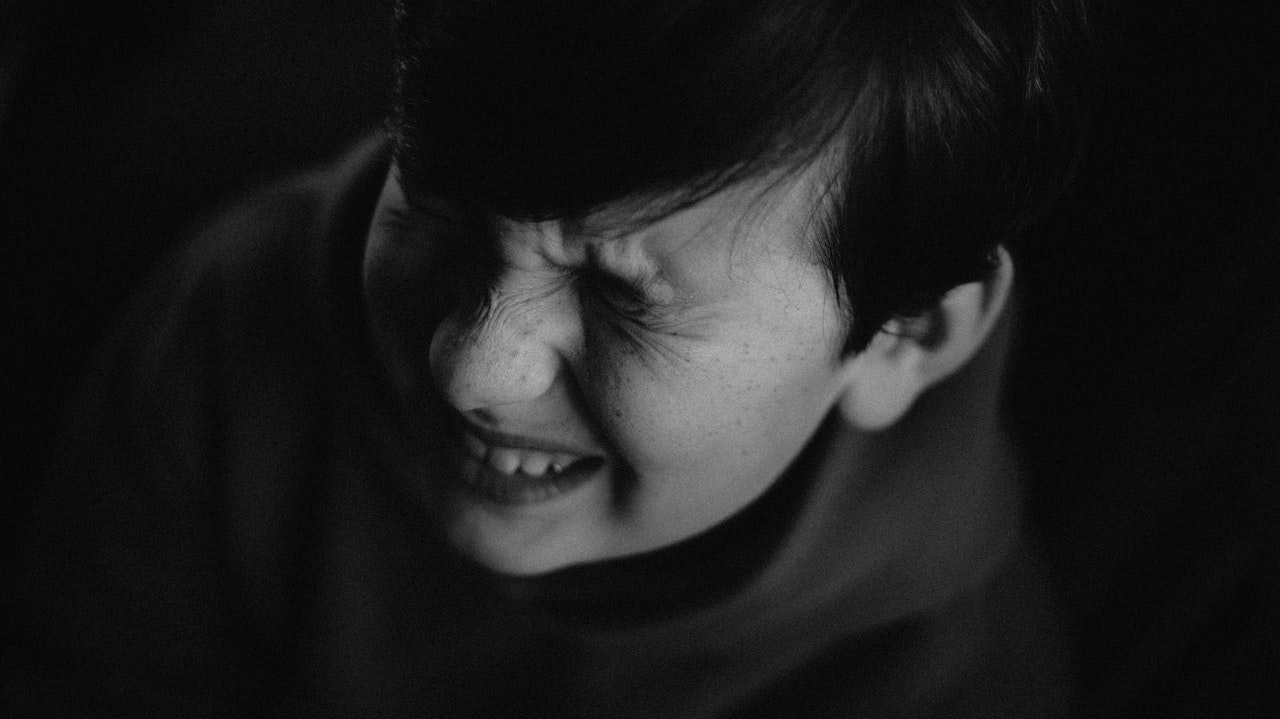
Which can startle you awake and even trigger screams, sweating, heart racing, and the whole nine yards. Making a potential nightmare look very similar to a night terror/sleep terror.
When someone is experiencing a night terror they are often unaware it is happening. Often sweating, screaming, kicking, punching and so on. Many who experience night terrors will also sleep walk during these episodes. All while being unconscious and not being able to recall any kind of nightmare once they are awake.

While children and adults alike may wake up later after having experienced a night terror and not even remember experiencing the night terror. Often they are far more frightening and disturbing to witness than to experience.
If you are able to recall a nightmare, then it was more than likely like a night terror. Although you may have a slight memory of feeling scared or overwhelmed with anxiety. Which may in fact be a small memory of your night terror. However if you can remember specifics of a dream, then that was a nightmare.
You May Also Enjoy: A Guide To Lucid Dreaming

For many this is the most difficult part of night terrors is not being able to soothe those going through the night terror. Just remember that your child is in a deep sleep and will not remember this when they wake up.
As a parent, you eventually will deal with night terrors and nightmares. However, a nightmare can be something that you are much more familiar with. While night terrors feel a little more foreign, and completely out of your control. Keep reading to learn more about night terrors, and how to best handle them.
Night terrors may be a new theory to you. Especially if you’ve never experienced them until your own child has them. Below are a few frequently asked questions about night terrors to help you better understand.
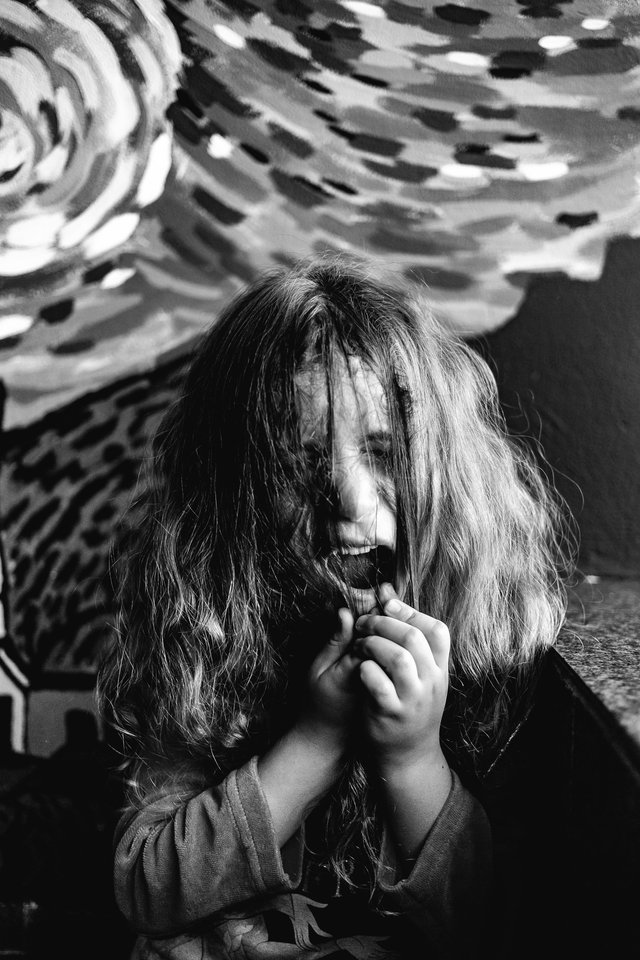
Since night terrors typically occur to those who are in a very deep sleep, they are completely unaware of what is happening. While witnessing a night terror can be disturbing to parents, or spouses that wish they could calm their loved ones. It should be calming to know that your child or spouse is safe and will likely have no recollection of the experience at all.
One cause of night terrors in children is simply brain immaturity. As the brain develops and matures, the night terrors often go away. If night terrors persist, we suggest seeking a medical evaluation.
Often for adults, night terrors are triggered by something going on in their life causing strain. Whether it is an abundance of stress, depression, anxiety, or PTSD just to name a few. Although it may be a sign of an underlying condition. Because it is so uncommon for adults, we do suggest talking to a medical professional.

We are going to share with you some other ways in which you can hopefully prevent night terrors all together. Keep reading for our top tips on preventing night terrors.
When it comes to understanding what may trigger your little ones night terrors you can better help prevent them. Below are several ways you as a parent can help your child while awake to make sure that they are better off while they sleep.

A great way to cut down on stress for adults and children is to be consistent. Change can be scary and stressful, while consistency and schedules can help a lot. Knowing what is going to happen and what is expected of you can help to relieve the stress of the unknown.
Struggling with stress? Head over to our post: Why Can’t You Sleep When You’re Stressed?

For example, if your child becomes overwhelmed and stressed during bath time, see if you can shift full bath time to the mornings. While this may not be ideal, lowering the stress before bed may help avoid night terrors.
Click the link to learn more about how to create a Stress Free Nightly Routine

Especially during times when you are away from home, like on vacation. Traveling and having fun is an easy time to get overly tired and off of a usual sleep schedule. Even if your child is having a blast it is important to ensure they get the rest they need.
When you become overly exhausted the deep sleep sections of the sleep cycle will also become longer. Allowing for a larger opportunity for sleep terrors to occur.
You May Also Enjoy: How to Sleep Better with Depression

Which is why it is so important to not only take care of your physical health and wellbeing, but also your mental health. Seeing a therapist is a healthy and responsible thing to do. Thankfully more and more people are using therapy as a way to stay on track and make sure they are taking good care of themselves.
Click to learn How To Sleep Better With Anxiety

We also suggest being mindful of what your or your child eats in the evenings, and how it affects their sleep. You may find that your child has certain food allergies or sensitivities. Stomach aches or allergic reactions can trigger night terrors. So keep a close eye on if certain types of foods trigger night terrors.
You May Also Enjoy: Best And Worst Foods Before Bed

This is because alcohol keeps you in the deeper phase of sleep for longer stints. Which can lead to an increase likelihood of more night terrors. This is especially true with excessive drinking. While having a small nightcap may make little to no difference in your sleep, excessive drinking can take a large toll on your sleep health.
Learn more about how alcohol affects your sleep in our post: Our Guide To Why Alcohol and Sleep Don’t Mix

This sleep journal is used to help identify potential triggers for night terrors. Once you identify the triggers you can better avoid them and help treat the root of the issue.
Are you a first timer when it comes to sleep journaling? This easy to follow sleep journal is perfect for kids.
If you or your child have very frequent and consistent night terrors, wake up around 30 minutes before when these sleep terrors typically occur. This can help break the cycle. Your sleep log will help you determine the time as well.
By waking your child up 30 minutes before when they typically experience a might terror, you are disrupting their sleep schedule. While this is not ideal for most sleep, it can be very helpful with avoiding night terrors all together.
When it comes down to it the biggest question people ask about night terrors is whether or not they should concern you. For children 3-6 years old, night terrors are incredibly common. If you are worried, you should never be talked out of talking to your doctor. However, we do recommend letting go of the fear.
Yes, night terrors and nightmares alike can be very frightening to witness. While nightmares are frightening to those who experience them, night terrors are most frightening for those witnessing them. Most of the time night terrors are harmless and nothing to be afraid of. Talking to your doctor can also be a great way to calm your fears and get a lot of helpful advice. We hope our advice can also help you to calm your nerves as well as help avoid future night terrors for you and your family.
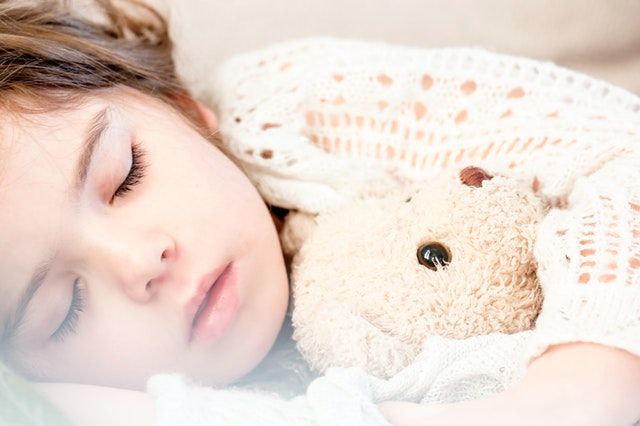
Have a question for us? Feel free to Contact Us, we would love to help in anyway we can.
Our Texas Showrooms Are Here To Help With All Your Favorite Online Brands! And We Offer Exclusive Coupons To Save More!
Learn More